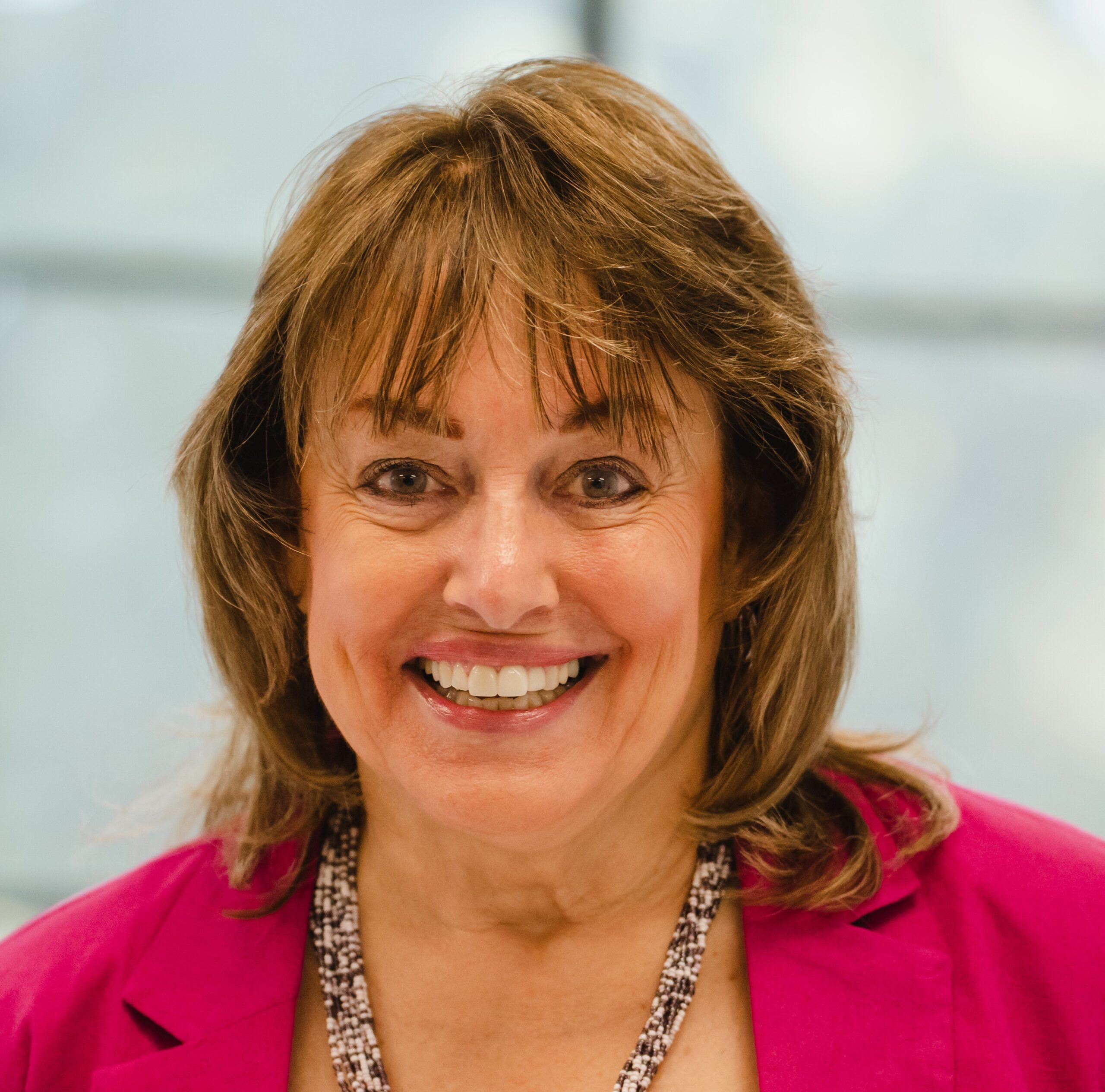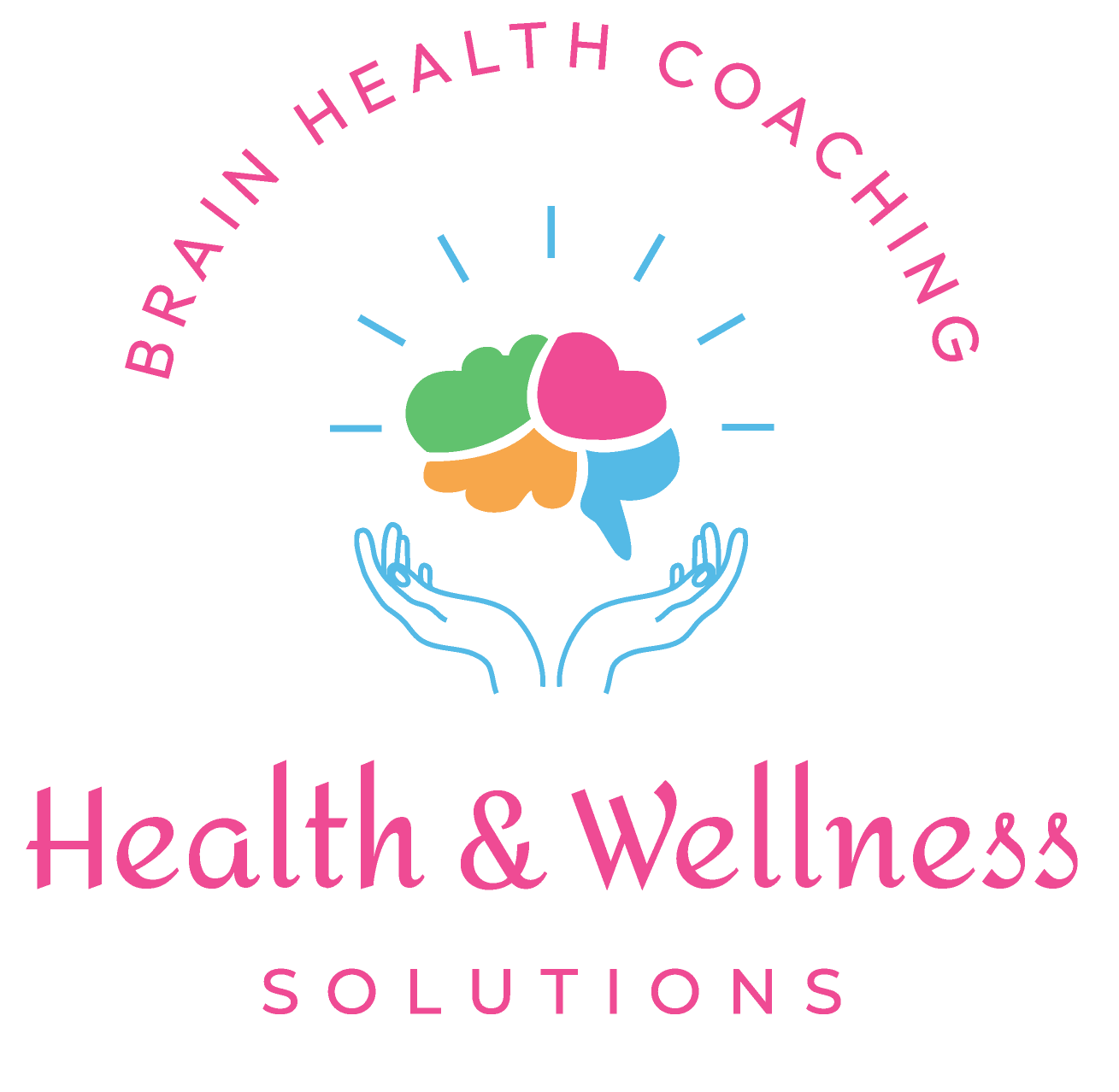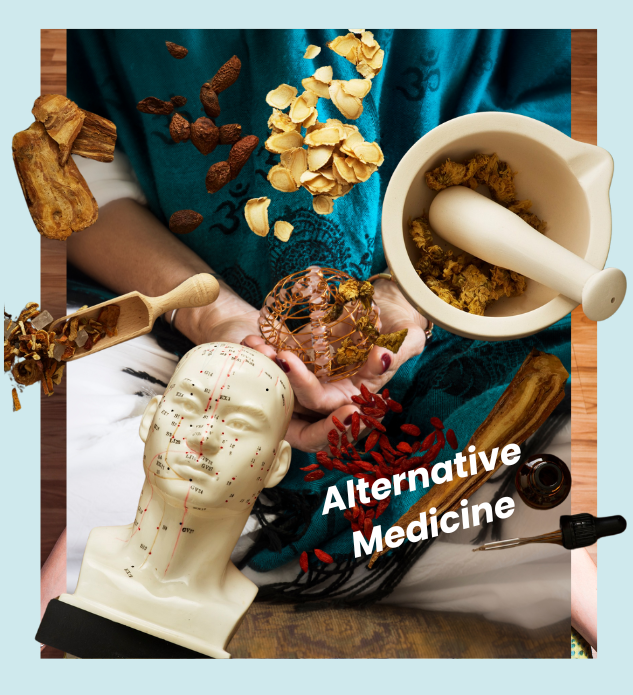What is Alternative Medicine?
Alternative medicine offers a different path for healing—one that steps outside the conventional Western medical model. Here, the approach isn’t to treat each part of the body separately but to view the body’s systems as interconnected, working together to create health and ward off illness. Imagine having your digestive troubles, joint pain, or low energy levels all addressed through one holistic lens.
Why Alternative? It’s Really Just Time-Tested Wisdom
Alternative medicine is actually rooted in practices much older than Western medicine. In fact, Hippocrates—the “Father of Western Medicine”—recognized as early as 400 BC that our emotions and attitudes impact our physical health.
However, the introduction of the scientific method by René Descartes in the 16th century shifted medicine toward the conventional model we know today, focusing on evidence-based treatments and symptom relief.
Over time, some doctors began exploring a more holistic approach, taking cues from Eastern traditions that believe our mind, body, emotions, and spirit are interconnected. Symptoms are no longer just inconveniences to fix; they’re clues that can reveal where imbalances lie. It’s an approach that resonates with those who want not just relief but real, root-cause healing.
Complementary, Integrative, and Alternative. What’s the Difference?
“Complementary” medicine is when medical doctors enhance their practice with natural therapies, like adding acupuncture or herbal supplements to conventional treatments.
“Integrative” medicine takes it a step further by only including complementary options that are evidence-based. Conventional medicine remains lifesaving for emergencies or acute injuries, but these newer approaches reflect a shift in treating chronic illnesses holistically. For many, the line between these approaches is beginning to blur.
Alternative Medicine has the goal of balancing the body, mind, and spirit for lasting wellness.
Understanding your options and finding what resonates can empower you to make the best health choices for yourself. Remember, every state has different regulations on alternative therapies, so it’s wise to stay informed.
Exploring Systems of Alternative Medicine
Here’s a glance at some popular systems of alternative medicine that may resonate with you. Each has a unique approach but shares the goal of balancing the body, mind, and spirit for lasting wellness.
Traditional Chinese Medicine (TCM)
For over 3,000 years, TCM has combined acupuncture, herbs, and mindful movements like tai chi and qi gong to balance energy (qi) in the body. A healthy body in TCM terms is one where yin and yang energies are in harmony. Asian doctors examine the pulse, tongue, and other indicators to detect imbalances, restoring health by strengthening weak organs and ensuring qi flows freely.
Ayurveda
Ayurveda, originating over 5,000 years ago in India, emphasizes the mind-body-spirit connection. Each person has a unique “dosha” (vata, kapha, or pitta), which helps determine how they respond to treatments. Ayurvedic practices include yoga, meditation, diet, and herbal remedies to cleanse and balance the body.
Homeopathy
Developed in 18th-century Europe, homeopathy is based on the principle that small doses of substances that cause illness can also cure it. Homeopathic remedies, derived from natural sources, stimulate the body’s “vital force” to heal. Licensed homeopaths may also be trained in acupuncture or herbal medicine.
Naturopathy
Naturopaths believe that the body can heal itself when given the right support. Rather than suppress symptoms, naturopathic doctors focus on finding and treating the underlying cause. Naturopathy often combines various natural methods such as homeopathy, herbal remedies, nutrition therapy, and more.
Osteopathy
Osteopaths treat the whole person, emphasizing preventive care and viewing the body as a complex interrelated system. Osteopathy shares some similarities with chiropractic care but includes broader training, allowing practitioners to prescribe medications and perform surgery.
Chiropractic
This system emphasizes the spine and nervous system. Misalignments in the spine, known as subluxations, are thought to disrupt the flow of nerve impulses. Chiropractors use spinal adjustments to restore nerve flow and often include supplements to enhance overall health.
Functional Medicine
Developed to address chronic illnesses and their underlying causes, functional medicine practitioners seek to uncover imbalances in the body. The approach involves lifestyle changes, nutritional support, and other therapies that work to restore wellness and balance.
Popular Body-Based Therapies
Alternative medicine often incorporates body-based therapies, which are designed to support the body’s innate healing potential. Here’s a look at some that are commonly used:
Acupuncture
An essential component of TCM, acupuncture uses tiny needles to stimulate points along the body’s meridians, promoting balance and reducing symptoms. Widely used for women’s health, it’s shown to be effective for issues like menstrual cramps and menopause symptoms.
Aromatherapy
Essential oils like lavender or eucalyptus can be inhaled or applied to help with relaxation, pain relief, or immune support. Each oil offers specific benefits, stimulating brain receptors and influencing emotions and mood.
Hydrotherapy
Water-based therapies like saunas, steam baths, and hot/cold packs use temperature to stimulate circulation, boost energy, and eliminate toxins.
Massage Therapy
Different forms of massage, from Swedish to reflexology, help relieve stress, improve blood flow, and relax muscles. Massage also stimulates the body’s lymphatic system, supporting detoxification.
Movement and Exercise Therapy
Techniques like yoga, Pilates, and Alexander Technique focus on flexibility, posture, and circulation. These therapies can help relieve chronic pain and promote relaxation.
Mind-Body Techniques – Connecting Thoughts, Emotions, and Health
The mind-body connection plays a powerful role in healing. Techniques such as these help bring awareness to the link between emotions, thought patterns, and health:
Meditation
A calming practice that helps reduce stress, meditation is widely recognized for lowering blood pressure and managing anxiety. Techniques may involve focusing on breath or repeating a mantra, and it’s often paired with physical exercises like yoga.
Energy Medicine
This a holistic approach that views the body as an interconnected network of energy fields, where physical, emotional, and spiritual health are influenced by the balance and flow of this energy. It involves techniques that work with the body’s natural energy systems—like meridians, chakras, and biofields—to promote healing, reduce stress, and restore balance. Practitioners use methods like Reiki, acupressure, and tapping to release energy blockages, stimulate healing, and enhance vitality.
Guided Imagery
This uses imagination to evoke sights, sounds, or smells that create positive feelings and can help override stress and habitual negative thoughts.
Biofeedback/Neurofeedback
These techniques use electronic monitors to teach you how to control physiological functions like heart rate and blood pressure, often used to reduce stress-related symptoms.
Emotional Freedom Technique (EFT)
EFT involves tapping along energy meridians to release blocked energy and address issues like pain, cravings, or stress. It’s often called “emotional acupuncture” and is easy to practice independently once learned.
Is Alternative Medicine Right for You?
Exploring alternative medicine can offer a path to more holistic and personalized healthcare. With many approaches that emphasize prevention and overall wellness, it can complement conventional medicine in powerful ways. Just remember, different states have varying regulations for practitioners, so be cautious of extravagant health claims and ensure your practitioner is well-qualified.

Eileen Allosso, a Nurse Practitioner and Clinical Neurology Specialist, offers Brain Health Coaching that transcends traditional approaches. She empowers women aged 45 to 70 to overcome brain fog, memory lapses and other cognitive issues through tailored, holistic methods. With Eileen, embark on a journey that leads you to your desired goals of feeling like your younger self again, conquering fears around growing older, and aging vibrantly!

